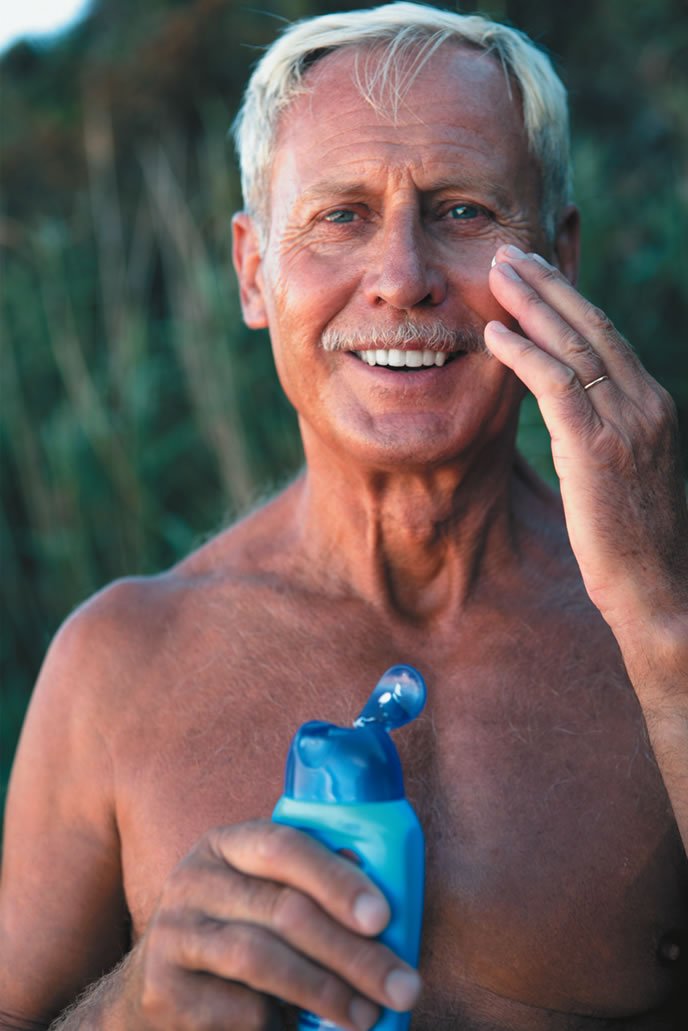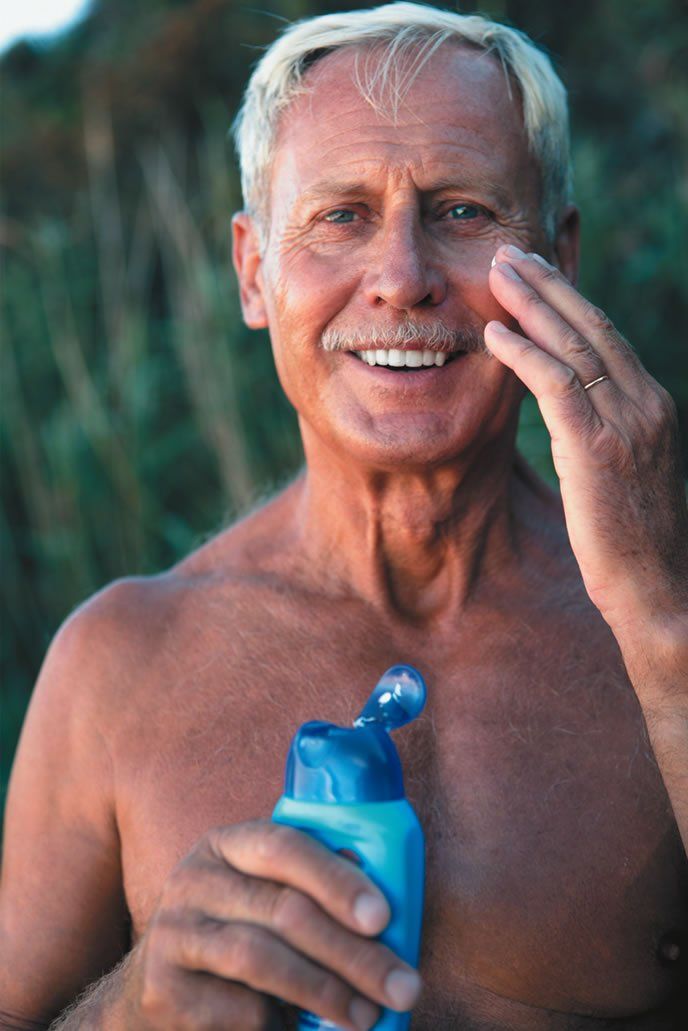Image © Thinkstock

If the headlines about a drug related to B vitamins helping to prevent skin cancer tempted you to toss your sunscreen and broad-brimmed hat, think again. The findings were exciting because the hope of preventing cancer with vitamins has largely proven elusive, and the researchers declared their results ready to put into clinical practice.
But, in a cautionary note that didn’t necessarily make the nightly news, those Australian scientists also said only people who get frequent non-melanoma skin cancers should adopt the preventive measures—and only after consulting with their doctors. Moreover, the vitamin B3 compound that was tested isn’t the familiar niacin found in supplement aisles. Niacin can cause side effects including flushing and headaches. Rather, the study used nicotinamide, a compound related to niacin that’s more commonly sold in the US as niacinamide.
“Vitamin B3 nomenclature is tricky and arcane,” says Tufts professor Irwin H. Rosenberg, MD, an expert on vitamin B. “Nicotinamide shares the anti-pellagra properties of niacin.” Pellagra, a condition caused by vitamin B3 and tryptophan deficiency, is characterized by sun-sensitive dermatitis, among other effects. The connection with this skin condition, Dr. Rosenberg notes, may be “a plausible explanation for this study’s otherwise surprising observation.”
HIGH-RISK GROUP: In the clinical trial, reported at the meeting of the American Society of Clinical Oncology, twice-daily doses of 500 milligrams of nicotinamide were compared against a placebo. The 386 participants had all been diagnosed with at least two non-melanoma skin cancers (an average of eight) in the past five years. Such cancers, primarily basal cell carcinoma and squamous cell carcinoma, are usually treatable but can leave scars and frequently return.
Over the 12-month study, those randomly assigned to nicotinamide experienced 23% fewer skin cancers than the control group; a difference was measurable after just three months of supplementation. The intervention group also saw 15% fewer cases of actinic keratosis, thick patches of skin that are prone to cancer, and existing patches tended to lessen. When the study concluded, the apparent benefit disappeared for those who stopped taking nicotinamide.
Tufts’ Dr. Rosenberg cautioned, “The dose used in this study is more than 60 times the recommended adult nutritional intake for vitamin B3.”
Results of the trial should not be extrapolated to other forms of vitamin B3, such as niacin, said lead author Diona Damian, PhD, of the University of Sydney. Damian added, “It’s not something for the general population,” only for patients with a history of skin cancer. The best prevention against skin cancer is still to use sunscreen, wear protective clothing, and avoid the sun when it’s strongest.
The American Academy of Dermatology says most people apply only 25-50% of the recommended amount of sunscreen. Follow the guideline of one ounce, enough to fill a shot glassthe amount needed to cover the exposed areas of the body. Adjust depending on your body size. Apply sunscreen to dry skin 15 minutes before going outdoors. Re-apply approximately every two hours or after swimming or sweating heavily.
























